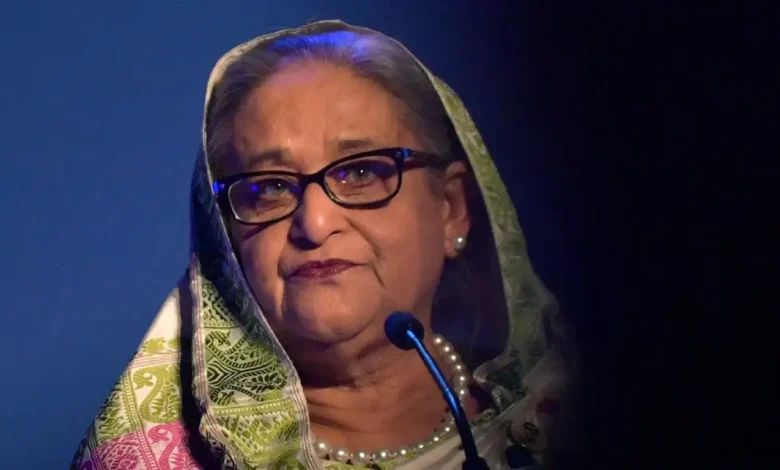Bangladesh Court Sentences Former PM Sheikh Hasina Get Death Penalty for Crimes Against Humanity

Former Bangladesh Prime Minister Sheikh Hasina has been handed a death sentence by the country’s International Crimes Tribunal (ICT) for crimes against humanity, including responsibility for deaths during last year’s student protests that ultimately toppled her administration.
The judgment follows a months-long trial held without Hasina’s presence. The 78-year-old Awami League leader, who has been living in exile in New Delhi since her removal on 5 August 2024, was convicted on three counts: inciting violence, ordering the killing of demonstrators, and failing to stop atrocities during the student-led movement.
The tribunal additionally sentenced former Home Minister Asaduzzaman Khan to death in connection with the case, while a third defendant, a former police chief, received a five-year prison term after turning state witness against Hasina and admitting guilt.
Tribunal Details Allegations
The three-member tribunal outlined Hasina’s alleged involvement in directing a violent suppression campaign. She faced accusations of making provocative speeches that reportedly triggered coordinated assaults on peaceful student protesters. The court determined she gave explicit instructions, including authorizing the use of lethal weapons, drones, and helicopters, to “exterminate” demonstrators.
Hasina was also deemed responsible for killings, torture, enforced disappearances, and arson perpetrated by state forces, and for neglecting to prosecute wrongdoers within her government. The tribunal stressed that the violence was “directed against the civilian population” and proved “widespread and systematic,” satisfying the legal definition of crimes against humanity.
“Therefore, in the atrocities of killing and gravely injuring protesters, as aforesaid, accused Prime Minister Sheikh Hasina committed crimes against humanity by her incitement order and also failure to take preventive and punitive measures under Charge 1,” the tribunal stated in its order.
It continued, “Accused Sheikh Hasina committed one count of crimes against humanity by her order to use drones, helicopters and lethal weapons under Charge number 2”.
The ruling by the International Crimes Tribunal, Bangladesh’s domestic war crimes court situated in Dhaka, may be challenged in the Supreme Court. The courtroom erupted in cheers and applause following the death sentence announcement.
Death Toll Disputed
A United Nations report released in February estimated that as many as 1,400 people may have died during the unrest, while the country’s health adviser under the interim government reported over 800 deaths and approximately 14,000 injuries. Hasina has questioned these numbers and demanded an independent probe.
The historic decision, likely to transform Bangladesh’s political dynamics, comes months before parliamentary elections scheduled for early February. Hasina’s Awami League party has been prohibited from participating, raising concerns that Monday’s verdict could trigger renewed violence before the polls.
Both Hasina and her party have labeled the tribunal a “kangaroo court” and criticized the state’s appointment of a lawyer to represent her.
Security nationwide, especially in Dhaka, was reinforced to “fortress” levels ahead of the verdict, with thousands of soldiers, paramilitary border guards, and police positioned throughout the city. The elevated security measures follow isolated crude bomb explosions and arson incidents reported in recent days before the announcement.




